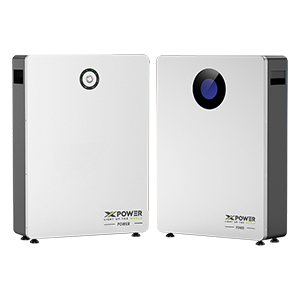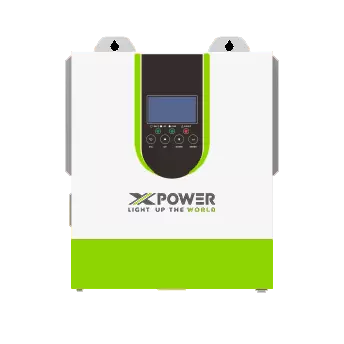Exploring the Purpose and Benefits of Solar Panels
Time of Release : 2023-08-22
Introduction
Solar panels have revolutionized the way we harness and utilize energy. With their ability to convert sunlight into electricity, they have become an integral part of the renewable energy landscape. In this article, we will delve into the purpose and benefits of solar panels, shedding light on their role in promoting sustainability and reducing carbon emissions.
Harnessing Clean Energy
The primary purpose of solar panels is to harness clean and renewable energy from the sun. Through the photovoltaic effect, solar panels convert sunlight into direct current (DC) electricity. This clean energy can be used to power homes, businesses, and even electric vehicles, reducing reliance on fossil fuels and minimizing the carbon footprint.

Reducing Energy Costs
One of the significant benefits of solar panels is their potential to lower energy costs. By generating electricity from the sun, solar panels can offset or even eliminate the need for grid-supplied power. This can result in substantial savings on monthly utility bills, especially in regions with abundant sunshine. Additionally, some governments and utility companies offer incentives and net metering programs, allowing solar panel owners to earn credits for excess electricity they generate.
Environmental Sustainability
Solar panels play a crucial role in promoting environmental sustainability. By harnessing clean energy, they help reduce greenhouse gas emissions and combat climate change. Unlike traditional energy sources that rely on fossil fuels, solar panels produce electricity without emitting harmful pollutants or greenhouse gases. By embracing solar power, individuals and communities contribute to a greener and more sustainable future.
Energy Independence
Solar panels provide a sense of energy independence by allowing individuals and businesses to generate their own electricity. This is particularly beneficial in remote areas where access to the grid may be limited or unreliable. With solar panels, individuals can become self-sufficient in meeting their energy needs, reducing dependence on external energy sources and enhancing resilience.
Long-Term Investment
Investing in solar panels is not only an environmentally conscious decision but also a wise financial investment. While the initial cost of installation may seem significant, solar panels have a long lifespan and require minimal maintenance. Over time, the savings on energy bills can offset the initial investment, making solar panels a cost-effective solution. Furthermore, as technology advances and solar panel efficiencies improve, the value of the investment continues to grow.
Conclusion
Solar panels serve a vital purpose in harnessing clean and renewable energy from the sun. By reducing energy costs, promoting environmental sustainability, providing energy independence, and offering long-term financial benefits, solar panels are transforming the way we power our world. As the demand for clean energy continues to rise, embracing solar power is not just a choice but a responsibility towards a greener and more sustainable future.





